
Dynavax and Vaxart have entered into a license and collaboration agreement to advance Vaxart’s investigational oral COVID-19 vaccine, with phase 2b data expected in late 2026.

Dynavax and Vaxart have entered into a license and collaboration agreement to advance Vaxart’s investigational oral COVID-19 vaccine, with phase 2b data expected in late 2026.

IND clearance enables a randomized, double-blind study of IMM-529 with standard care, while a forthcoming USU Travelan field readout will guide dosing strategy.

In a multinational NEJM trial, a single 105-mg dose cut RSV hospitalizations by 84.2% and medically attended lower respiratory infection by 60.4% through 150 days, with safety similar to placebo.

The Centers for Disease Control and Prevention provided more information on a multistate outbreak and genomic testing.

The federal agency gave the nod to Meitheal Pharmaceuticals for its antibiotic, Contepo, an intravenous fosfomycin offering a new mechanism of action and a new option for adults with complicated urinary tract infections, including those caused by resistant gram-negative pathogens.
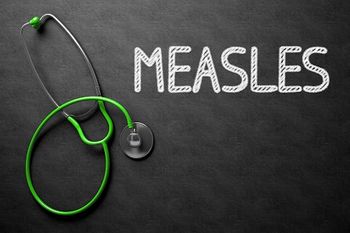
Results from a new survey taken this past summer show immunization confidence waning among the public and some factual uncertainty around immunization. In this time of disinformation and misinformation, Ruth Lynfield, MD, discusses an approach clinicians can take in counseling parents who may have concerns about the vaccine as well as other strategies to increase immunization adherence.

At IDWeek, Anne Kasmar, MD, MSc, highlighted how expanding beyond traditional antibiotics, strengthening regulatory partnerships, and leveraging immunology are accelerating the next generation of antimicrobial resistance (AMR) solutions.
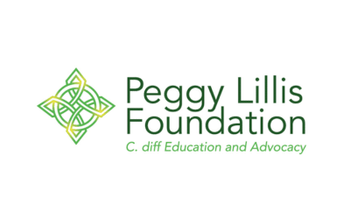
The foundation has unveiled its 2025 campaign, highlighting the deadly toll and long-term consequences of these infections through nationwide events, education initiatives, and tributes throughout November.

Prescribing of antiviral medication for children at risk of severe influenza decreased in COVID-19 pandemic despite unchanged treatment guidelines.

This week review more highlights from IDWeek, and why one researcher is predicting a milder avian influenza season.

Richard Webby, PhD, says increased wild bird immunity is a major factor for this year’s prediction.

Muhammad Sohaib Asghar, MBBS, MD, discusses why CDI deaths are concentrated in White patients and inpatient/long-term care settings, why mortality peaked in 2006–2015, and how stewardship and recurrence prevention are driving the recent decline.

In his new position, Gareth Morgan, MS, MBA, provides insights on antibiotic development strategies he would like to see during his tenure.

Bird migration has started. Surveillance and early detection are key, especially as it relates to H5N1 and predicting this year's respiratory virus season.

Jill Blumenthal, MD, MAS, offers some insights on the results from a subset of Gilead’s phase 3 PURPOSE 2 study.

The XpertHCV test from Cepheid enables rapid, point-of-care detection of hepatitis C infection in under an hour—helping to expand access to care and reduces follow-up loss.
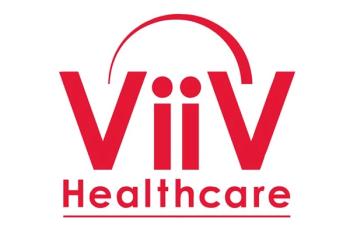
At IDWeek, Jean van Wyk, MBChB, MFPM, chief medical officer at ViiV Healthcare, discussed the 96-week results from the PASO DOBLE study and the preliminary long-acting injectable PrEP results from the CLARITY study.

Ashlan Kunz Coyne, PharmD, MPH, discusses the potential of combining antibiotics with phage mixture therapy in treating these types of infections.

George Sakoulas, MD, discusses how transitioning pneumonia patients from IV to oral therapy after 3 to 4 days of clinical stability supports effective 7-day treatment courses, while patients who are immunocompromised and those with Pseudomonas infections require individualized, extended management.
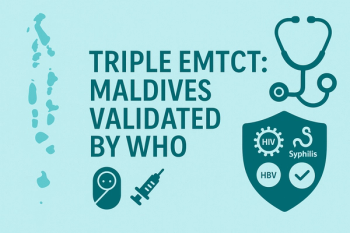
Sustained HIV/syphilis elimination of mother-to-child transmission (EMTCT) since 2019 and new hepatitis B validation reflect high antenatal screening, >95% HBV birth-dose coverage, and integrated maternal–child health services.

The 2025 report from the WHO Global Antibiotic Resistance Surveillance System (GLASS) calls for urgent action against increasing threat of AMR. This is part 2 of 2-part coverage of the WHO Global Antibiotic Resistance Surveillance System Report 2025.

The Global Antimicrobial Resistance and Use Surveillance System (GLASS) of the WHO finds antibiotic resistance and the particular threat of resistant Gram-negative bacteria disproportionately prevalent in low- and middle-income countries. Here is part 1 of 2-part coverage of the WHO Global Antibiotic Resistance Surveillance Report.

This week, meet SIDP's president-elect, the connection between UTIs and meat, a COVID-19 vaccine alternative, and other highlights from IDWeek.
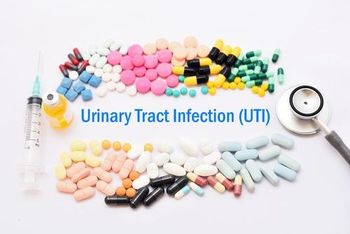
A new genomic study reveals that up to 18% of urinary tract infections (UTIs) in Southern California may stem from E coli strains transmitted through contaminated poultry and meat, disproportionately affecting residents of low-income neighborhoods.

Jesse Clark, MD, MSc, discusses a study’s subset preliminary findings looking at this form of PrEP in this patient population.

Ed J Kuijper, MD, PhD details who is at highest risk for rCDI, how to interpret NAAT–toxin results, and how to sequence fidaxomicin, vancomycin, and microbiota-based therapies.

Moderna’s investigational cytomegalovirus (CMV) vaccine, mRNA-1647, did not meet its primary endpoint in a phase 3 trial, leading the company to discontinue its congenital CMV program while continuing studies in transplant patients.
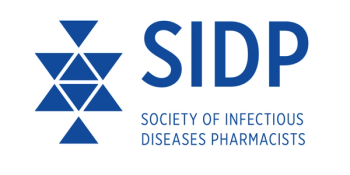
Dumkow discusses her goals for her tenure as well as professional societies' roles in public health advocacy and AI.
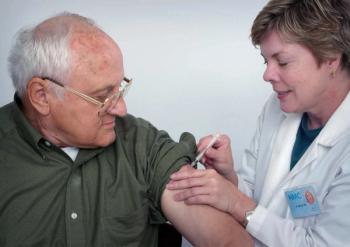
At IDWeek, the company reported promising phase 1/2 trial results for its shingles vaccine candidate Z-1018, demonstrating strong immune responses and favorable tolerability.

Cornelius Clancy, MD, discusses insights from the real-world clinical analysis of the US cohort of the PROVE study.